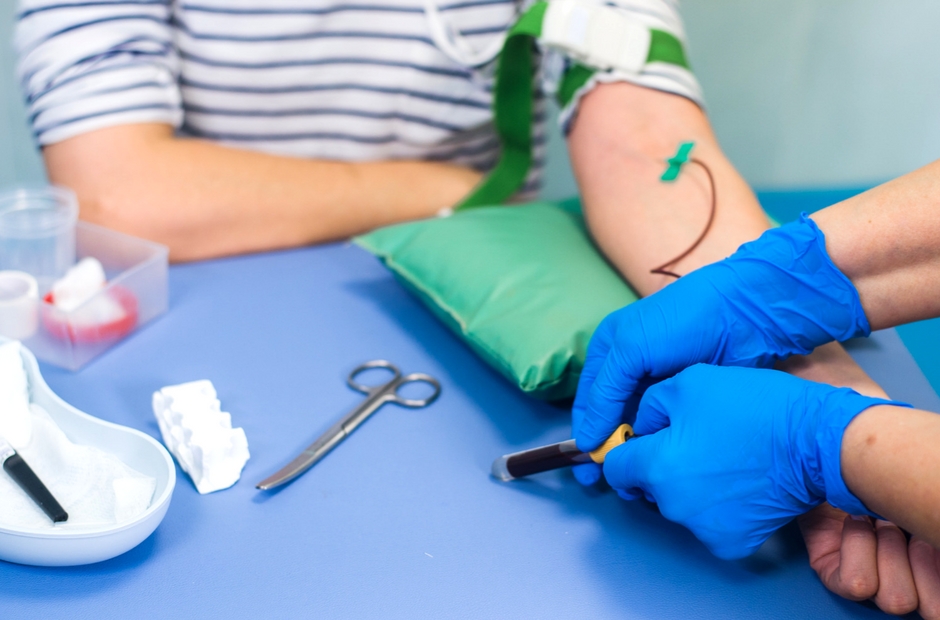Unlocking Your Future: A Comprehensive Guide to Becoming a Phlebotomy Technician
Are you looking for a rewarding career in the healthcare sector with growing demand? Becoming a phlebotomy technician may be the perfect choice for you. In this comprehensive guide, we will explore the essential steps, skills, and benefits of this career path, along with tips to help you succeed.
What is a Phlebotomy Technician?
A phlebotomy technician is a trained professional responsible for drawing blood from patients for various diagnostic tests, transfusions, or research purposes. This role is critical in the healthcare system, ensuring accurate patient diagnosis and treatment.
Why Choose a Career in Phlebotomy?
- High Demand: The healthcare industry is booming, and with it, the need for skilled phlebotomists continues to grow.
- Quick Entry: Compared to many other healthcare careers, phlebotomy offers a swift entry point, often requiring only a few months of training.
- Flexible schedules: Many phlebotomists work part-time or have flexible hours, accommodating various lifestyle needs.
- rewarding Work: Helping patients feel at ease during procedures and contributing to their health journey is incredibly fulfilling.
Steps to become a Phlebotomy Technician
1. Understand Educational Requirements
To become a phlebotomy technician, you typically need to complete a training program. Here’s a brief overview of the educational paths available:
| program Type | Duration | Details |
|---|---|---|
| Certificate Program | 4-8 months | focused training on blood collection techniques and safety procedures. |
| Associate Degree | 1-2 years | Includes comprehensive courses in health sciences and phlebotomy. |
| Bootcamp | 8-12 weeks | Intensive hands-on training designed for quick entry into the field. |
2. Get Certified
While certification requirements vary by state, obtaining certification can enhance your job prospects. Several organizations offer certification programs, including:
- American Society for Clinical Pathology (ASCP)
- National Phlebotomy Association (NPA)
- American Medical Technologists (AMT)
3. Gain Practical Experience
Hands-on experience is crucial. Many training programs include an externship component where you will work in medical settings and interact with patients under the supervision of experienced professionals.
4. Develop Essential Skills
Success in phlebotomy requires a specific skill set, including:
- Attention to Detail: Ensuring proper techniques and protocols are followed.
- Communication: Effectively interacting with patients to ease their anxiety.
- Technical Skills: Proficient blood collection and knowledge of laboratory processes.
- Compassion: Providing emotional support to patients during procedures.
Job Opportunities for Phlebotomy Technicians
Phlebotomy technicians can find employment in various healthcare settings, including:
- Hospitals
- Clinics and Medical Laboratories
- Blood Donation Centers
- Research Facilities
Benefits of Being a Phlebotomy Technician
Aside from the high demand and quick training, here are some additional benefits:
- Career Advancement: Opportunities to specialize in areas such as hematology or become a laboratory supervisor.
- Contributions to Patient Care: Your role is pivotal in diagnosing conditions and planning treatment paths.
- Work Satisfaction: Many phlebotomists report high job satisfaction due to the direct impact they have on patient care.
Challenges Faced by Phlebotomy Technicians
While this career is rewarding, it does come with its challenges:
- Emotional Stress: Dealing with anxious patients can be challenging.
- Physical Demand: The job may involve long hours on your feet and repeated lifting and movement.
- Health Risks: Exposure to blood and pathogens requires strict adherence to safety protocols.
Real-life Experiences as a Phlebotomy Technician
Many current phlebotomy technicians describe their experiences as fulfilling. Here’s a brief account:
“Initially, I was apprehensive about working with needles, but I quickly learned to manage my fear. The best part of my job is hearing a patient thank me for making the process easy. Each day brings new challenges and learning opportunities!”
Practical Tips for Aspiring Phlebotomy Technicians
To ensure your success and make your journey smoother, consider these practical tips:
- Practice Drawing Blood: Seek out volunteer opportunities or additional training sessions.
- Stay Updated: Keep abreast of new technologies and techniques in phlebotomy.
- Network: Connect with other healthcare professionals to learn about job openings and advancements.
Conclusion
Becoming a phlebotomy technician is an excellent career choice for those who are passionate about helping others and are looking for a quick entry into the healthcare field. By following the steps outlined in this guide, from education to certification and skill development, you can unlock your future in this rewarding profession. With strong job prospects and the satisfaction of contributing considerably to patient care, there has never been a better time to embark on this journey!
